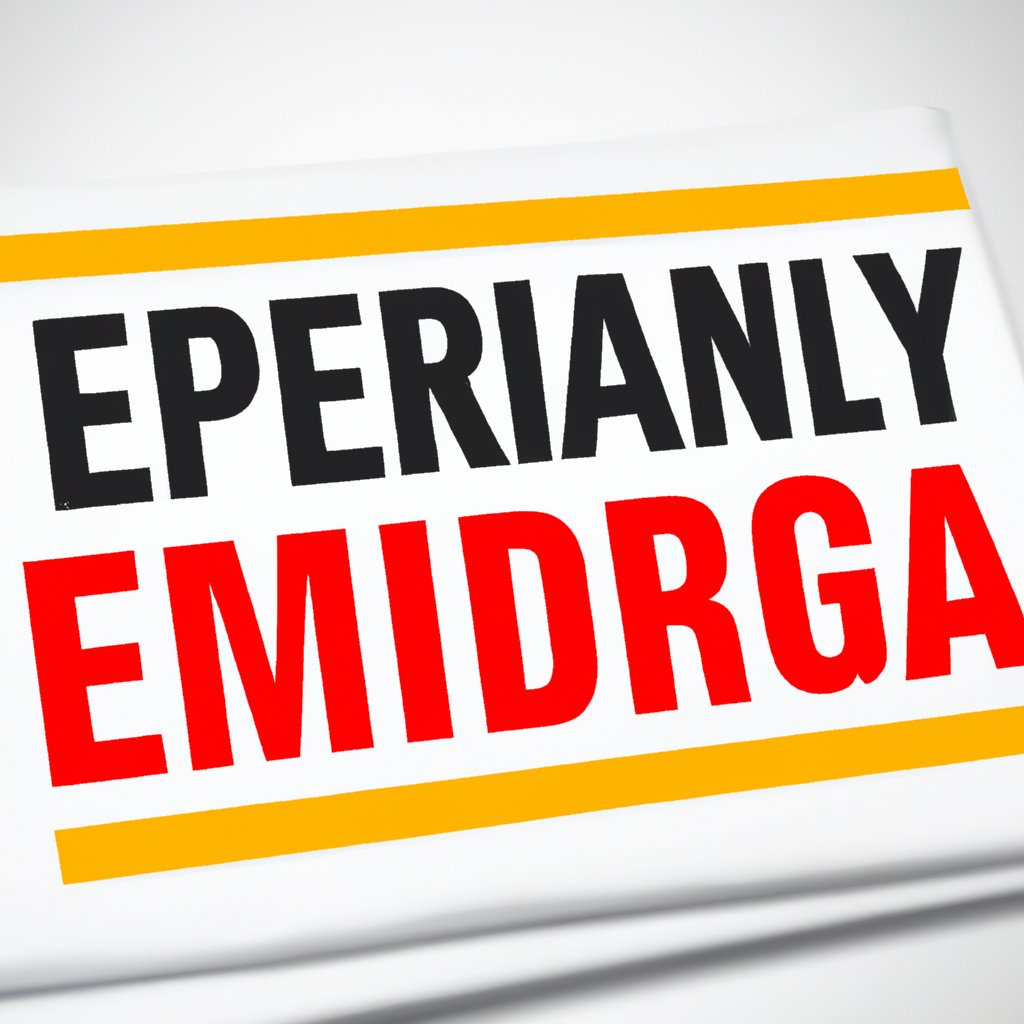Emergency Preparedness: Why it is EssentialIn todays fast-paced world, unforeseen emergencies can happen at any moment. Whether it be natural disasters such as hurricanes, earthquakes, floods, or man-made emergencies such as terrorist attacks, it is crucial for individuals and communities to be prepared for any eventuality. Emergency preparedness is the key to minimizing the impact of disasters and ensuring the safety and well-being of ourselves and our loved ones. In this article, we will explore the importance of emergency preparedness and provide some tips on how to be better prepared for emergencies.Why is Emergency Preparedness Important?Emergency preparedness is essential for a variety of reasons. Firstly, being prepared can save lives. In the event of a disaster, seconds can make the difference between life and death. Having a plan in place and knowing what to do can help you respond swiftly and effectively in an emergency situation.Secondly, emergency preparedness can reduce the impact of a disaster on our communities and infrastructure. By having a plan in place, we can ensure that resources are used efficiently and effectively during emergencies. This can help prevent the loss of lives and property damage, and ensure a quicker recovery process.Furthermore, being prepared can give us peace of mind. Knowing that we have taken the necessary steps to protect ourselves and our loved ones can help alleviate anxiety and fear in the face of emergencies. It can also empower us to take control of the situation and act decisively when needed.Tips for Emergency PreparednessThere are several steps that individuals and communities can take to be better prepared for emergencies. One of the most important things you can do is to create an emergency plan. This plan should include details such as emergency contact numbers, evacuation routes, meeting points, and a list of essential items to pack in a disaster kit. Make sure to discuss this plan with your family members and neighbors, and practice it regularly to ensure everyone knows what to do in an emergency.Another key aspect of emergency preparedness is having an emergency kit. This kit should include essential items such as water, food, first aid supplies, medications, flashlights, batteries, a battery-powered radio, and important documents. Make sure to store your emergency kit in a designated place that is easily accessible in case of an emergency.Additionally, it is important to stay informed about potential emergencies in your area. Sign up for emergency alerts and notifications from local authorities, and stay tuned to news updates during emergencies. Knowing what is happening and how to respond can help you make informed decisions and stay safe during a disaster.Lastly, it is important to be proactive in preparing for emergencies. Take steps to secure your home against potential hazards, such as installing smoke alarms, securing heavy furniture, and trimming trees and bushes around your property. Consider taking first aid and CPR training, and be prepared to help others in need during emergencies.ConclusionEmergency preparedness is a vital aspect of ensuring the safety and well-being of ourselves and our communities. By taking proactive steps to prepare for emergencies, we can minimize the impact of disasters and protect our loved ones from harm. Remember, it is never too late to start preparing for emergencies. Take the time to create an emergency plan, assemble an emergency kit, and stay informed about potential hazards in your area. By being prepared, we can face emergencies with confidence and resilience.


leave a comment